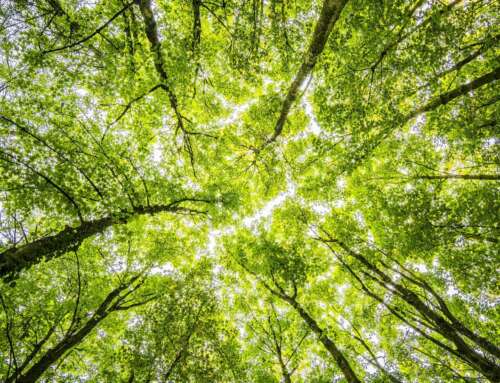
Flickr Images
“Social cohesion is not a destination,” says Andrew Markus. “We don’t get to the destination and say we’ve done it. It’s something we need to work at.”
Markus is a Monash University professor who oversees the Scanlon reports, a now regular and widespread exercise to measure social cohesion in Australia. Its latest survey was completed by more than 10,000 Australian-born and immigrant respondents, which makes it the largest parallel survey of its kind. It was a mix of survey and focus groups, where a small group is interviewed.
The report – titled Australia Today – illuminates a people who are both hopeful and sometimes hurtful, largely cohesive but segmenting in a way that is becoming increasingly common in the midst of a communication revolution. It is fair to say we are mostly happy with our lives and what our country offers, though our background often determines our values. While Australian-born and overseas-born people value the freedom and democracy and the “Australian way of life”, those born overseas place a much higher value on education, climate and diversity. Those taken in under humanitarian visas treasure our freedom and democracy more than the rest of us.
We are not angels. There is discrimination, particularly towards the dark-skinned among us, Africans and Indigenous people. Muslims, particularly Muslim women, report high levels of discrimination. There is also a measure of reverse racism from migrants towards Australian-born people. As borders become more porous, the majority of us see ourselves as world citizens.
The Scanlon report on social cohesion uncovers a multicultural nation with wide horizons that still wrestles with treatment of immigrants and Islam.
– Gabrielle Chan
Read more: Australia Broadly Tolerant, But Pockets Of Intense Prejudice Remain







Leave A Comment